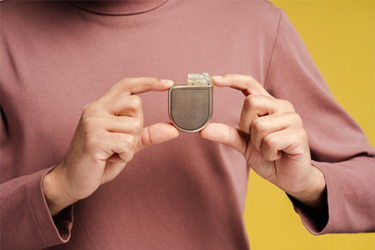Considerations In Selecting A Biomaterial For Implantable Smart Devices

Smart implants, embedded with sensors, represent the future of healthcare by enabling real-time monitoring and response capabilities. These devices include pacemakers, neurostimulators, and orthopedic implants that communicate data remotely to aid in diagnosis and treatment. However, integrating electronic components in such implants poses challenges, particularly regarding biomaterials. Multiple biomaterials may provide specific advantages, but combining them can lead to interface issues like delamination and increased production complexity.
Polycarbonate urethanes (PCUs), stand out as a versatile material option for implantable devices. With high flexibility, durability, water resistance, and biocompatibility, PCUs reduce the need for multiple materials, simplifying both manufacturing and regulatory compliance. Unlike other high-barrier materials like polyimide or liquid crystalline polymers, PCUs can be processed at lower temperatures and applied in thicker layers without sacrificing flexibility, making them ideal for encapsulating flexible electronics in implants.
PCUs thus address common failure modes in smart implants, such as delamination and wear, providing long-lasting and robust protection against water ingress and physical stress. This helps device developers advance medical implants safely and cost-effectively, pushing the boundaries of what’s possible in patient monitoring and treatment. With their unique properties, PCUs are well-suited to meet the demands of modern healthcare technology and are likely to play a crucial role in the ongoing evolution of smart medical devices.
Get unlimited access to:
Enter your credentials below to log in. Not yet a member of Med Device Online? Subscribe today.
